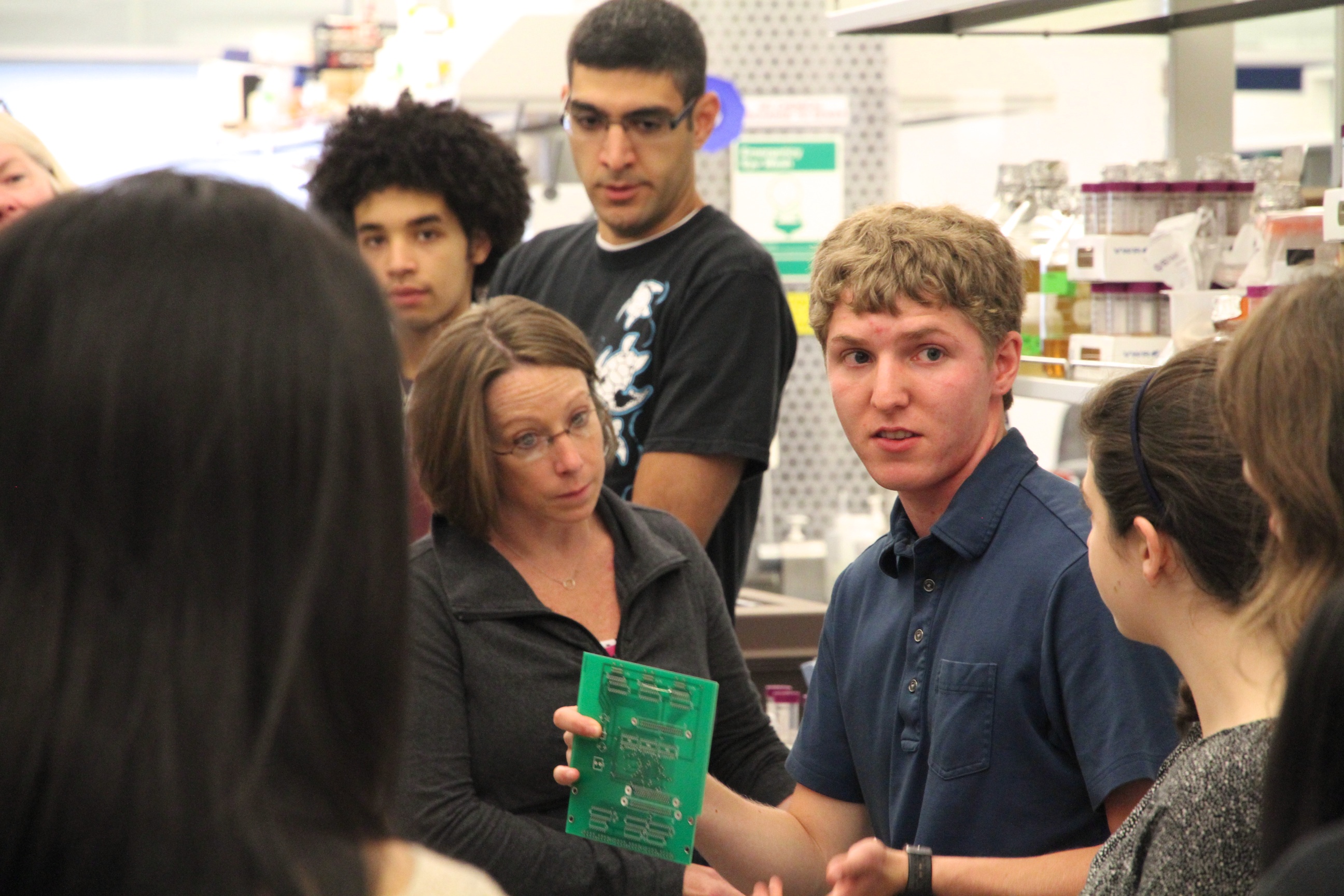Free Systems Science Workshop for High School Teachers
 isbscience.org/news/2014/05/02/free-systems-science-workshop-for-high-school-teachers/
isbscience.org/news/2014/05/02/free-systems-science-workshop-for-high-school-teachers/
FREE SUMMER SYSTEMS SCIENCE WORKSHOP AT ISB FOR TEACHERS: Registration for the summer systems science workshop for high school science, math and CTE teachers is now open. The workshop is hosted by Claudia Ludwig and Dina Kovarik, of the Baliga Lab at ISB, and takes place July 21-25. The focus is on how to implement systems science in the classroom. For more information about the workshop, please visit this site.
Check out the photo gallery of our 2013 workshop here.
To get a sense of the experience, please read this guest post from one of the 2013 workshop attendees. During the 2013 workshop, participants learned how to make a spectrophotometer from former ISB high school intern, Will Greene. Watch a time-lapse video of Will assembling the device:





